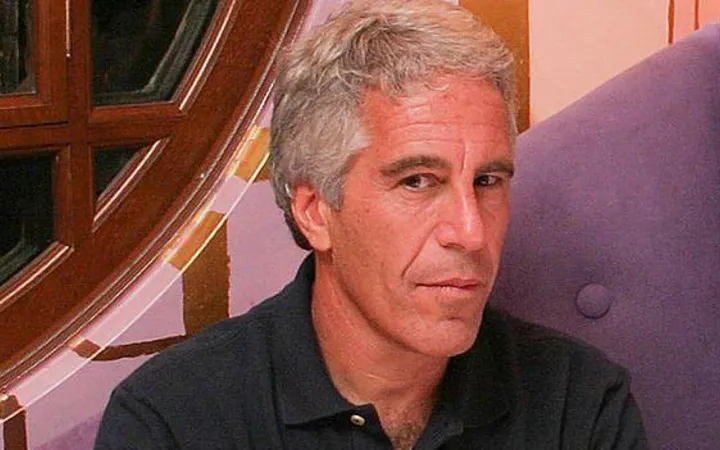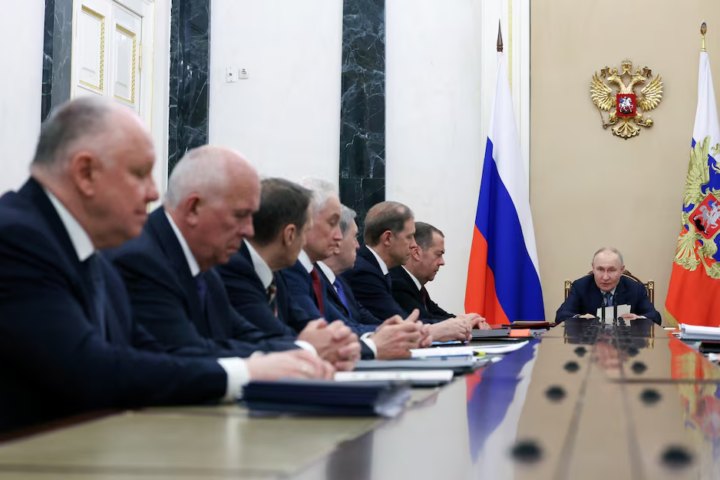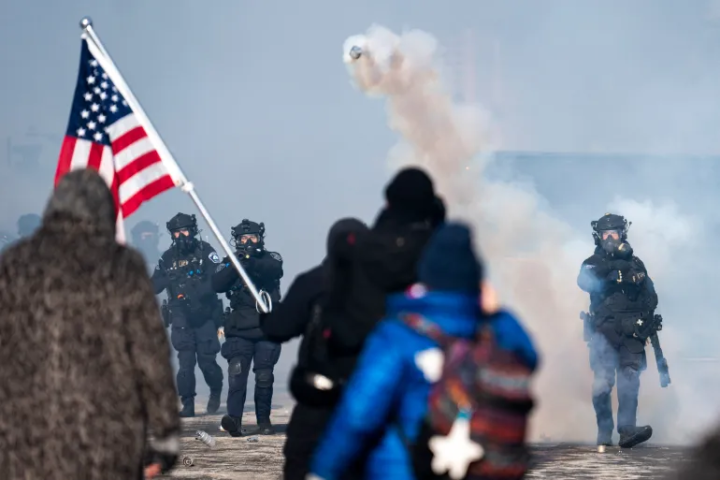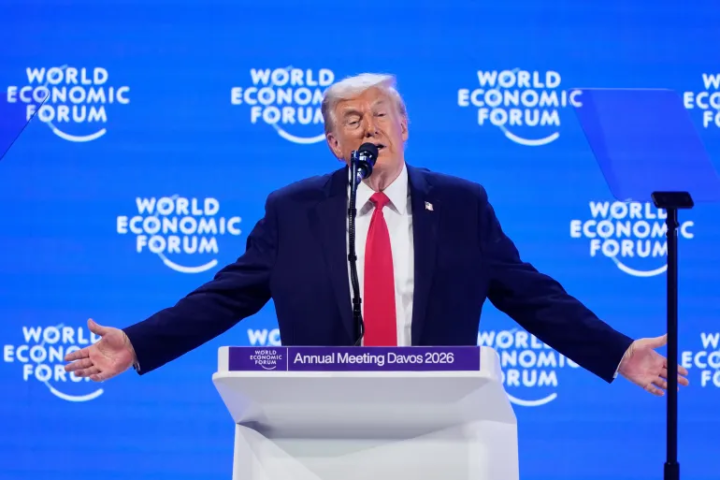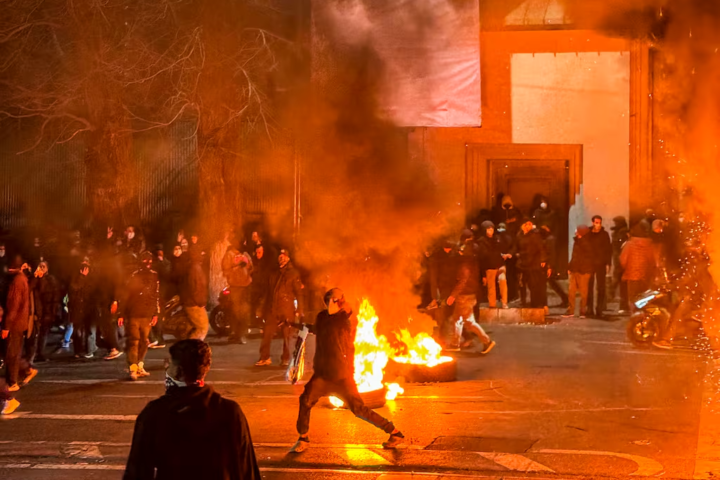Full Assault Begins
Prime Minister Benjamin Netanyahu says Israel is moving in on Gaza City. His goal: crush what’s left of Hamas. The military has already stepped up air and artillery strikes on the city’s edges. Troops are getting ready for a full ground push. Civilians have been told to evacuate. Israeli officials are warning this will be the fiercest urban fighting of the war.
The IDF has recalled tens of thousands of reservists and extended active-duty tours. Gaza City is tightly packed, full of tunnels, and built for defense. Urban combat will be slow and bloody. Israeli commanders know it. Netanyahu knows it too. But he’s betting that a decisive blow will weaken Hamas and give him more leverage in ceasefire talks.
Aid groups say another assault could break what’s left of Gaza’s systems. Shelters are full. Medicine is scarce. Hospitals are overwhelmed. Thousands more could be displaced. Civilian deaths will rise. Netanyahu’s office says Hamas hides behind civilians and leaves no choice. Critics say that excuse has worn thin.
Talks Still on the Table
Despite the buildup, Netanyahu hasn’t shut the door on negotiations. He’s greenlit a new round of ceasefire and hostage talks. Mediators from Qatar, Egypt, and the U.S. are lining up meetings, likely in Doha. The draft deal on the table: a short ceasefire, a phased hostage-for-prisoner swap, and talks on reducing Israel’s troop presence in key areas.
Hamas hasn’t said no. They want conditions met first. Israel wants a deal that doesn’t leave Hamas in charge of anything. Netanyahu’s juggling both fronts—military and diplomatic. He’s telling the public and his political allies that Israel won’t ease up. But he’s also watching to see if Hamas is serious about a deal.
The timing is tight. A ground push might pressure Hamas into giving up hostages. Or it might blow up the talks altogether. That risk is real. Some hostage families say force is the only way to get results. Others warn an assault could kill their loved ones. Protests in Tel Aviv and Jerusalem show how divided Israelis are: fight harder or negotiate now?
High Stakes at Home and Beyond
Netanyahu is gambling. The Gaza City offensive could hit Hamas hard and shift momentum. Or it could drag Israel deeper into a costly fight with no end. He wants results on the battlefield—but also needs to show the world that Israel is open to talks. Washington is watching closely. The U.S. says Israel has the right to fight back but wants to see fewer civilian deaths. Arab countries want a ceasefire, now.
Inside Gaza, people are already out of time. They’re running from another frontline with nowhere to go. Food and water are disappearing. Aid groups say another offensive will make relief work nearly impossible. The health system is barely standing. One more hit, and it could collapse.
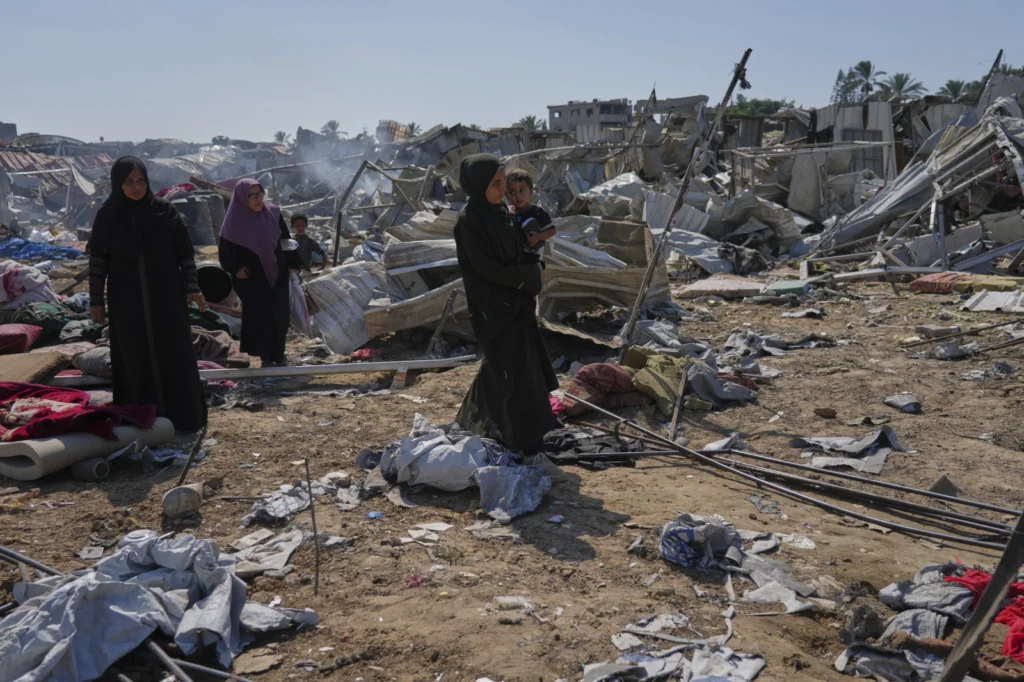
At home, Netanyahu is under pressure from all sides. His far-right allies want total war. They don’t care what the world thinks. Moderates and some former generals are urging him to prioritize hostages and avoid isolating Israel even further. His political survival depends on doing both: looking strong while still making progress.
There’s also a bigger risk. A botched invasion could light up other fronts. Hezbollah in Lebanon is already making noise. Egypt and Jordan are watching warily. The longer Gaza burns, the harder it gets to hold those borders quiet. U.S. support is firm now, but that could change if the civilian death toll explodes.
Netanyahu is trying to walk a fine line—bombing Gaza City while keeping peace talks open. He hopes the pressure forces Hamas to negotiate. But it might just make things worse. If the assault kills hostages or triggers global outrage, the strategy could fall apart fast.
In the next few days, everything could shift. The war could escalate fast, or a ceasefire could pause the bloodshed. Either way, the cost is rising—on the ground, in diplomacy, and at home. Netanyahu’s playing for time, leverage, and survival. It’s a risky bet. And the clock is ticking.



